Stopping vehicles solely because they have an out-of-state license plate violates the 4th Amendment’s guarantee against unreasonable searches and seizures
It is no secret that near exit 3 of Route 95 North there is a sign that requires passenger vehicles, bearing out-of-state license plates, to pull into the rest stop area where Rhode Island State Police will question the operators about their plans while in the state. What seems like an innocent stop to remind out of state motorists of the Governor's executive orders requiring these motorists to quarantine is actually a violation of your 4th amendment rights against unreasonable search and seizures. While the majority of folks being stopped will simply be reminded of the order and drive off to continue on with their day, what happens when this little reminder turns into an investigatory stop, search or seizure that extends beyond the time necessary for the notification of the executive orders?
Picture this: a motorist from Massachusetts is heading to his friend's house in Newport and is stopped simply because he has Massachusetts license plates. The officer stops the vehicle and as the officer approaches the driver's side window notices the vehicle smells of fresh marijuana. The officer, now speaking to the driver, notices the driver's eyes are bloodshot and watery and has slurred speech. Now suspecting that the driver could be under the influence of a controlled substance or be in possession of marijuana, the officer proceeds with a search of the car and discovers a bag of pills, in addition to marijuana. That driver is arrested and charged with felony Possession of a Controlled Substance Schedule I-V, driving under the influence of a controlled substance, and possession of marijuana.
What we have now is a car stop that never should have happened being used as the probable cause or reasonable suspicion to arrest and charge this driver with unrelated criminal offenses that may have otherwise gone undetected had these executive orders not been in place.
If the only reason that car was pulled over was because the police spotted an out-of-state license plate, this is likely a violation of the 4th Amendment. The United States Supreme Court has discussed the ability of police to stop and frisk individuals when they have reasonable suspicion to believe crime is happening or is about to happen, in the case of Terry v. Ohio. Police can also stop a vehicle when they determine the registered owner of a particular vehicle has a revoked license, without violating the 4th amendment, in Kansas v. Glover.
However, those cases dealt with your rights under the United States Constitution. Here in Rhode Island, out state constitution provides our citizens with many of the same rights, including the guarantee to be free from unreasonable searches and seizures – guarantees that in many cases are stricter than what federal law provides. Our Rhode Island Supreme Court, in a decision from 1989 Pimental v. DOT, held that a DUI roadblock violates the Rhode Island constitution's guarantee to be free from unreasonable searches and seizures after the town of Warren established a drunk driving roadblock or sobriety checkpoint. “We believe that allowing such roadblocks or checkpoints would diminish the guarantees against unreasonable searches and seizures contained in the Rhode Island Constitution. It is illogical to permit law enforcement officers to stop fifty or a hundred vehicles on the speculative chance that one or two may be driven by a person who has violated the law in regard to intoxication. We therefore hold that roadblocks or checkpoints, established to apprehend persons violating the law against driving under the influence of intoxicating beverages or drugs, operate without probable cause or reasonable suspicion and violate the Rhode Island Constitution.”
What is the difference between a DUI roadblock and stopping a car simply because the plate does not say “Rhode Island” on it? We don't see a difference. If stopping every car to check the driver's sobriety is unconstitutional, then stopping out-of-state vehicles is just as unconstitutional. There is no reasonable suspicion to stop the vehicle other than an out-of-state plate, which given the Rhode Island Supreme Court's reasoning in Pimental, is insufficient to satisfy our rights under the Rhode Island Constitution.
If this has happened to you, you will want aggressive attorneys who are prepared to fight for your rights! Call for a free consultation today!







